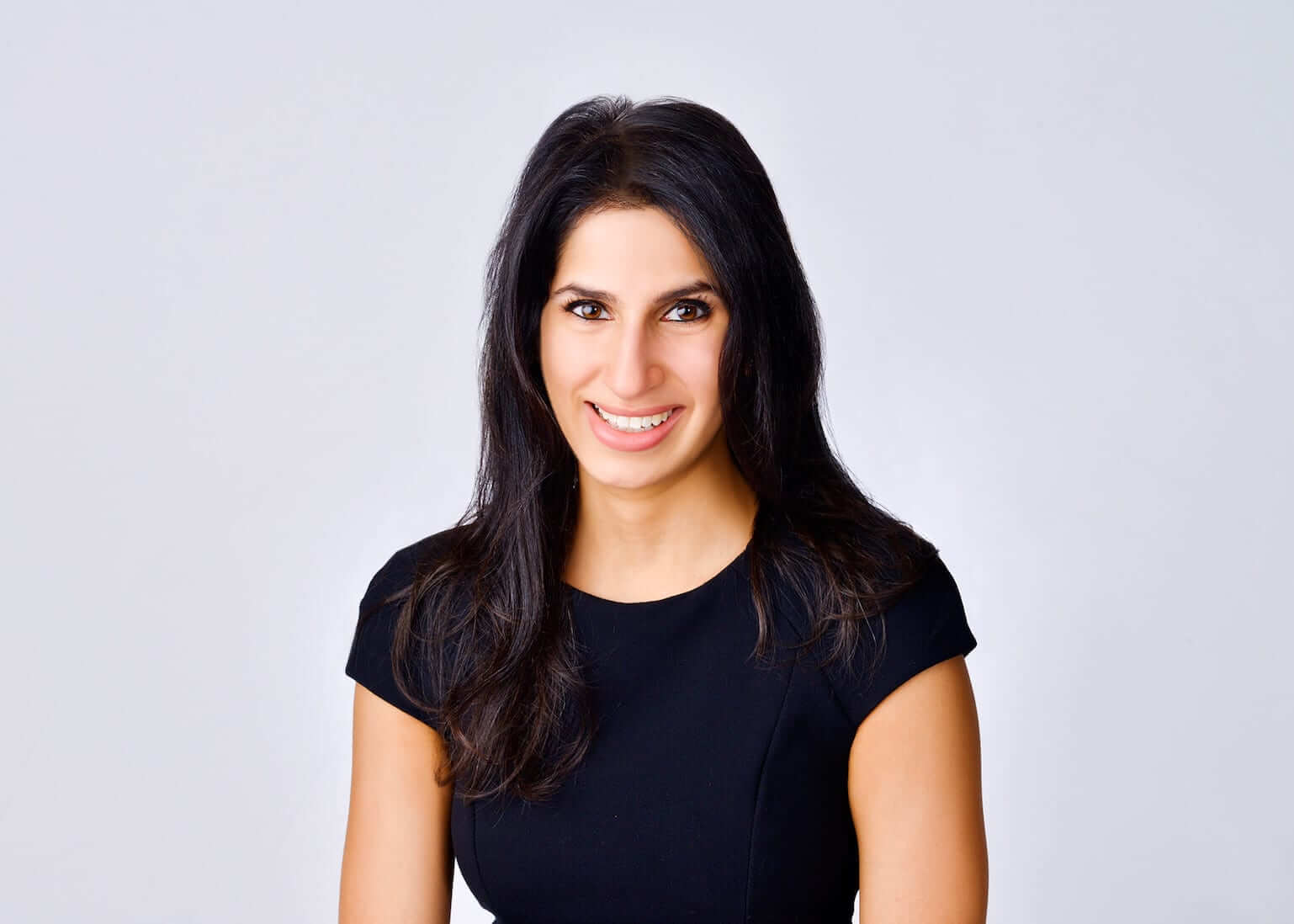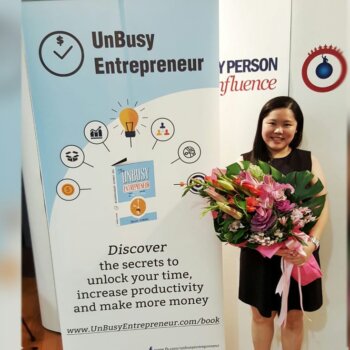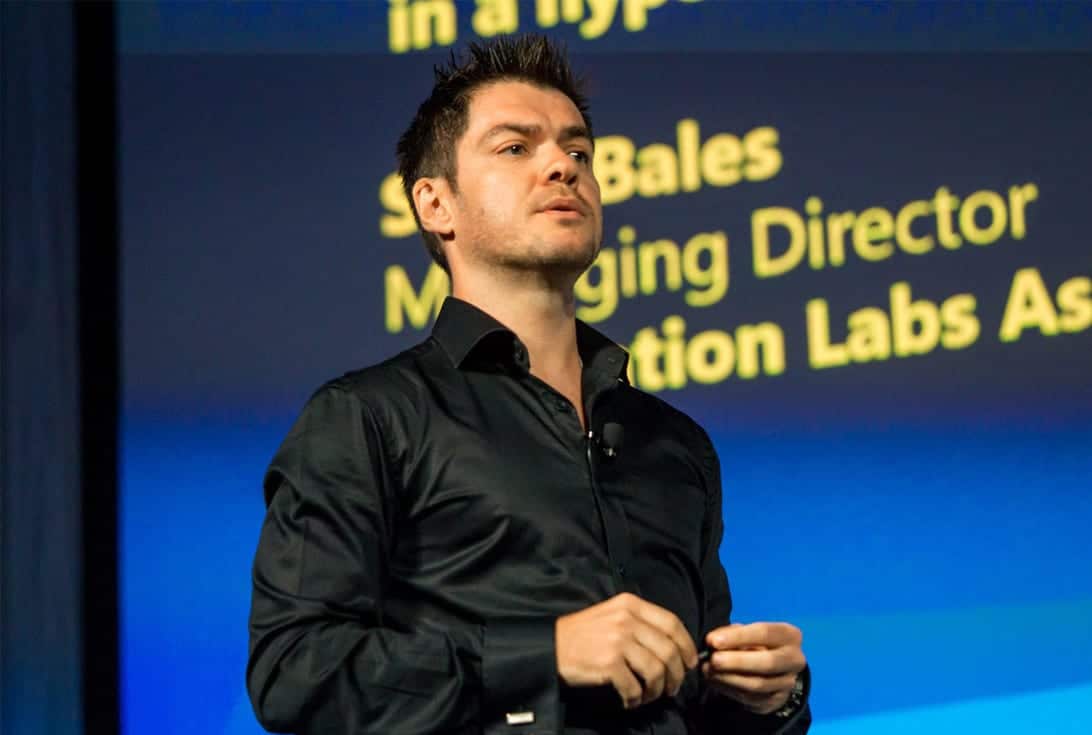(Women on Top in Tech is a series about Women Founders, CEOs, and Leaders in technology. It aims to amplify and bring to the fore diversity in leadership in technology.)
Here is our interview with Rashna Bhojwani, Head of Strategic Partnerships for Southeast & North Asia at Uber. Rashna started her career in New York City as a mergers & acquisitions lawyer at Davis Polk & Wardwell LLP, a leading international law firm and transitioned to the world of tech as part of the global Business Development team at Uber. In addition to her B.A. from Stanford University where she graduated Phi Beta Kappa and with distinction, she holds a J.D. from Columbia Law School where she was a James Kent Scholar and a member of the Columbia Law Review. Rashna is also a member of the New York Bar.
What makes you do what you do?
After reading so many contracts as a lawyer, I wanted to be a part of the action! I enjoy identifying win-win opportunities for parties to collaborate and the entire transactional process from sourcing to closing. The tech industry is pushing the boundaries on innovation and disrupting the way we think and live, which makes it an exciting space to move the needle.
How did you rise in the industry you are in?
I rose in this industry primarily because I learned to advocate for myself and take ownership of certain work streams. I was able to increase my visibility in this manner because my legal training armed me with a unique selling point that others across the company valued.
Why did you take on this role especially since this is perhaps a stretch or challenge for you (or viewed as one since you are not the usual leadership demographics)?
I’m drawn to challenges! This role was particularly interesting because it allowed me to apply my transactional experience to a specific company’s goals while doing different types of deals (such as taxi, telco, financial services). It also forced me to think strategically about how to use partnerships to shape our business.
Do you have a mentor that you look up to in your industries or did you look for one or how did that work?
Yes, I have a few mentors that I admire within my industry but I believe it is equally important to seek out mentors in different fields. Learning from cross-disciplinary mentors in finance and law keeps me intellectually curious and enables me to develop a broader strategic view of the world.
How did you make a match if you did, and how did you end up being mentored by him/her?
As I report to the Chief Business Officer at Uber, he has naturally become a mentor and taken concrete steps to increase my visibility across the organisation. I also regularly turn to my counterparts in other markets for guidance on navigating the company at higher levels. While I found these mentors organically due to our close working relationship, I am fundamentally drawn to those who hold themselves to high standards by forming specific views and staying the course under pressure because they inspire me to hold myself to higher standards as well.
Now as a leader how do you spot, develop, keep, grow and support your talent?
I’ve recently bought into Jeff Bezos’s philosophy. He hires people who are “right most of the time,” which doesn’t always equate to the smartest or most strategic individuals. Instead, he focuses on individuals who make the right judgment calls and ultimately get the job done. I find this compelling because it reflects the reality of how business is done.
Do you consciously or unconsciously support diversity and why?
I consciously support diversity. In my current role, I invest in younger women by pushing them to drive deals and build partner relationships. This stems from a longstanding interest in women’s empowerment. As part of a summer fellowship during my undergrad degree, I started a small low-income women’s bakery collective in the slum area of Mumbai to train women to take ownership of a for-profit business. While this endeavour was operationally challenging, the grit and drive of these women demonstrated first-hand the power of women to effect change.
What is your take on what it takes to be a great leader in your industry and as a general rule of thumb?
I believe that great leaders have a strong sense of conviction in a specific vision and the charisma and in-depth knowledge to make that vision a reality.
Advice for others?
I have always been intrigued by the word “extraordinary.” A seemingly complex word is actually just two very simple words put together: “extra” and “ordinary.” The word’s composition inspired two of my core beliefs: First, anyone can build upwards from ordinary. Second, a higher level exists. In my opinion, the only thing you need to cross from “ordinary” to “extraordinary” is the drive to reach those new heights. So my advice to others (and particularly to women for whom the bar is often set higher) is to always strive for the extraordinary. Think long-term and stay true to a fundamental set of values that will define your character and ultimately your career.
If you’d like to get in touch with Rashna Bhojwani, please feel free to reach out to her on LinkedIn: https://www.linkedin.com/in/rashna-bhojwani-96470a10/




























